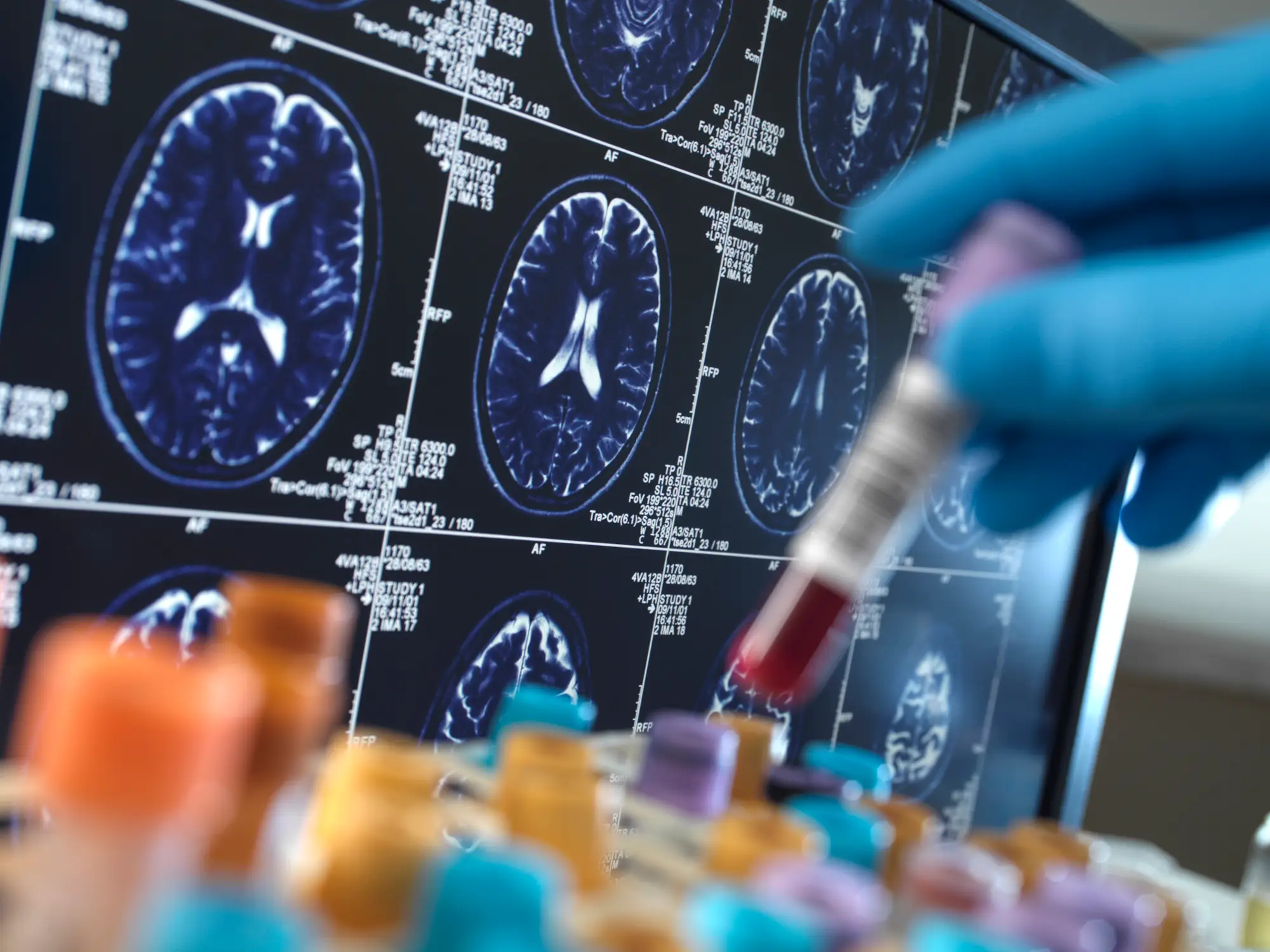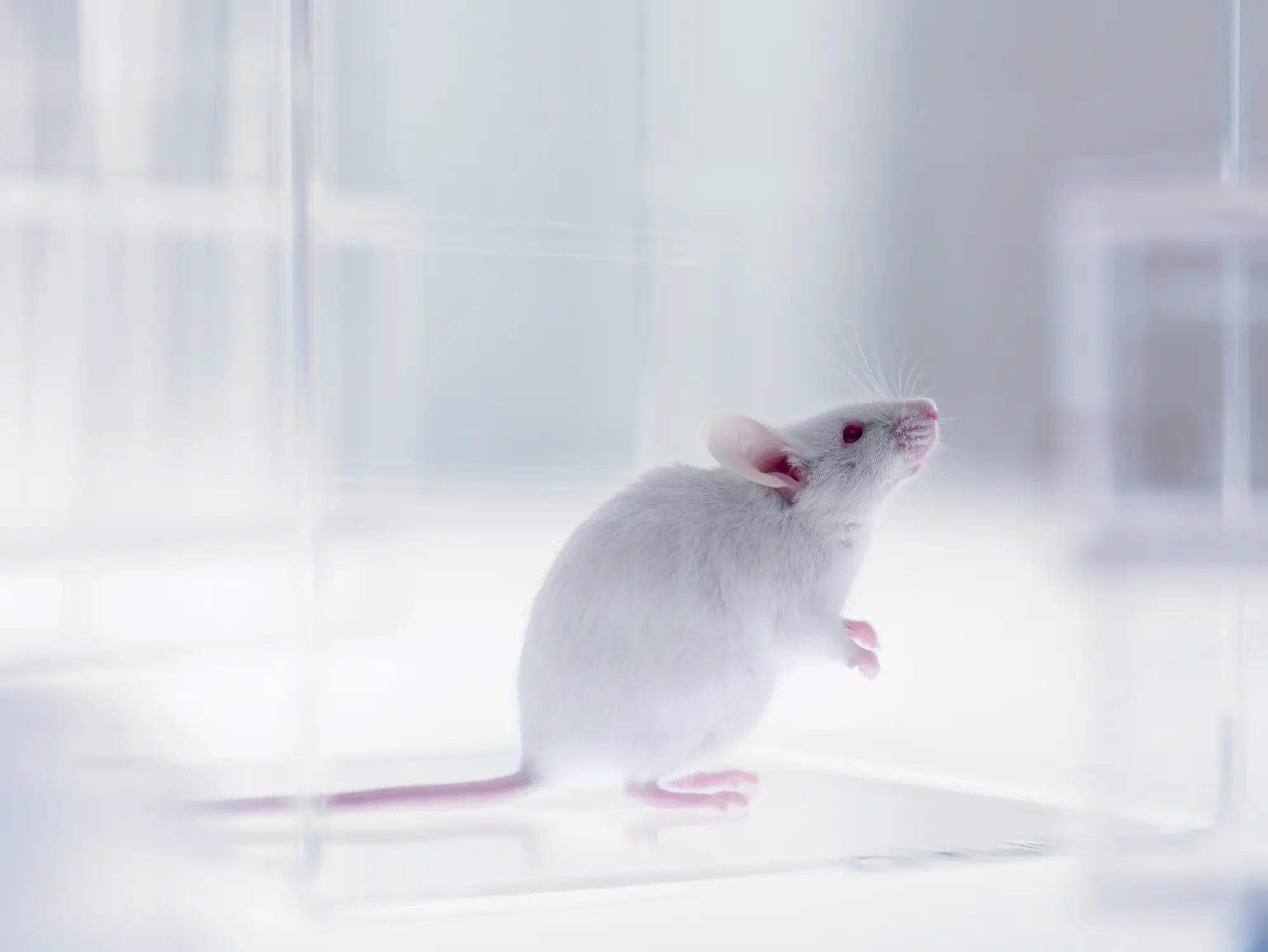
We all know that waste is a daily part of our lives, but you might be surprised to know that your brain is a litter bug too and makes lots of it.
Like our kidneys, bowels, bladder and mucus membranes, that big squishy ball inside of your skull also produces something that it needs to expel.
But considering it’s locked inside a bone cage, where does its waste go? Well, a neuroscientist has finally explained it to those who have been kept awake by the question.
“Just as your home accumulates waste that needs to be cleared away, your brain generates byproducts - such as extra proteins, cellular debris, and toxins - when its cells do their jobs.” said Professor Ian McDonough to The Daily Mail.
Advert
He further explained that your brain has special types of systems including something called microglia, which is the brain’s personal cleaning system, as well as the glymphatic and lymphatic systems, that also help to clear this waste.

So when you hit the hay for the night, the glymphatic system becomes 'especially active', and clears the waste so that, like a toilet, your brain will be clean and free of things that it doesn’t need.
This, he said, is ‘like a nightly cleanup that prevents buildup and potential damage’.
However, as we get older, this system starts decline, as does our memory capacity. Professor McDonough says if we are able to 'clear waste in the brain', then 'pathology would never have a chance to clump and damage neurons and therefore, cognitive decline associated with Alzheimer's disease would not occur'.
However, he adds that research around the topic is still new, and 'several lifestyle changes' may help towards our brain cleaning function, like getting a good night's sleep.
A 2025 study from The Washington University School of Medicine and published on WashU Medicine, which McDonough also cited, explained that as we age, the brain loses the ability to cleanse itself of this waste, which scientists believe could be contributing to neurodegenerative conditions like Alzheimer’s disease and Parkinson’s disease.
They then discovered that by rejuvenating the network of vessels used to shift this waste, it could also help improve our memory.

Using elderly mice, the research team placed two identical black rods in their cage for twenty minutes for them to explore and exercise with, and the next day, the mice were given one of the black rods again alongside a new object- a silver rectangular prism.
According to the study, for the mice that remember playing with the black rod, they went on to spend more time with the new object - which Kyungdeok Kim, PhD, said indicated improved memory.
However, old mice spent a similar amount of time playing with both objects as they couldn’t remember the rod from the day before.
After rejuvenating their systems, this changed and the old mice showed more interest in the new object, as well as also helping levels of IL-6 to drop, restoring their noise-cancelling system.
Jonathan Kipnis, PhD, the Alan A. and Edith L. Wolff Distinguished Professor of Pathology & Immunology and a BJC Investigator at WashU Medicine said: "By targeting a network of vessels outside of the brain that is critical for brain health, we see cognitive improvements in mice, opening a window to develop more powerful therapies to prevent or delay cognitive decline."
